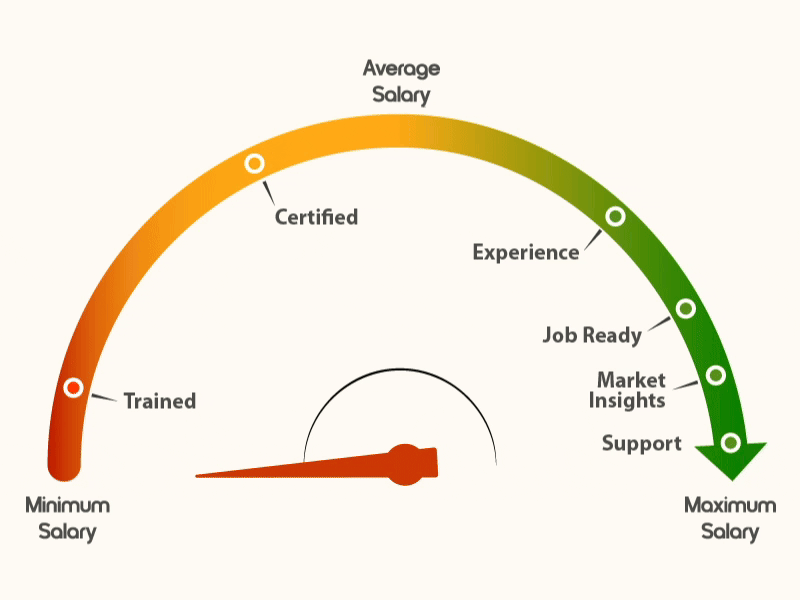Acquire Knowledge! Talk to Us.
The GET Advantage: Your Path from Learning to Earning:
- Build in-demand technical and soft skills, validated by industry-recognised certifications.
- Apply learning through real-world projects, case studies, and assignments that make you job-ready.
- Learn what employers want, align your skills with trends, and move towards higher-paying opportunities.
- Continuous mentorship, career coaching, and peer community to guide you beyond the course.
Course Overview
This course trains you to design, build, and extend Salesforce applications with both declarative and programmatic approaches. You’ll learn Apex programming, SOQL/SOSL queries, Visualforce, Lightning Web Components (LWC), schema builder, triggers, and deployment tools. The curriculum also covers Salesforce architecture, integration, security, and real-world development workflows. Through projects and coding assignments, you’ll gain practical experience in customizing business logic, building scalable applications, and deploying solutions, skills that employers seek in Salesforce developers.
Relevant Industries
CRM Solutions, SaaS Companies, IT Services, Financial Services, Healthcare, Retail & E-commerce, Consulting
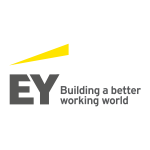



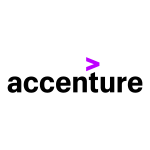

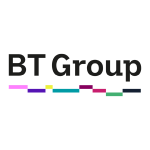
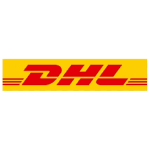







Overview of Technology
Salesforce is the world’s leading cloud-based CRM platform, and developers play a critical role in extending its functionality. Using Apex, LWC, and Salesforce APIs, developers can build custom solutions, automate processes, and integrate external systems—empowering businesses to scale and innovate faster.
Why choose Acquledge for Salesforce course?
Live Training Sessions
Flexible Schedules
Hands-on Experience
Vast Resource Library
Extensive Support
Enrollment Process
- Sign up on the platform and choose your preferred batch.
- Start your classes on the scheduled date .
- Get access to learning materials and project dashboards.
- Begin your training journey with expert-led sessions.
- Apply your learning through real-world case studies and projects.

Detailed Course Curriculum
- Understanding Salesforce Terminologies
- Multi Tenancy and Cloud
- Understanding Salesforce Architecture
- Declarative vs. Programmatic Changes and Customizations
- Application Development Tools in Salesforce
- AppExchange as Application Development Strategy
- Finding and Navigating Salesforce Documentation
- Understanding Salesforce Trust
- Summary and Quizzes
- Fields
- Relationship Fields
- Junction Object
- Schema Builder
- Summary and Quizzes and Recap
- Data Management in Salesforce
- Data Import Wizard vs. Data Loader
- Exporting Data
- Summary and Quizzes and Recap
- Apex Development Process
- Apex Development Tools
- Apex Governor Limits
- Summary and Quizzes and Recap
- Primitive Data Types
- Object Data Types
- Enum Data Types
- Collections Data Types
- Operators
- Classes
- Summary and Quizzes and Recap
- Logic Control Statements
- Apex Class Variables and Methods
- Access Modifiers
- Class Constructors
- The this Keyword
- Inheritance
- Sharing
- Interface
- System Classes and Methods
- Summary and Quizzes and Recap
- Relationships in Apex
- Summary and Quizzes and Recap
- Basic Syntax of SOQL
- SOQL Functions
- SOQL Variable Binding
- SOQL for Loops
- SOQL Keywords
- Relationship Queries
- SOQL vs SOSL
- Summary and Quizzes and Recap
- Data Manipulation Language (DML)
- SaveResult Class
- Transaction Control
- Database DML Options
- DML and Loops
- SOQL, DML, and Governor Limits
- Summary and Quizzes and Recap
- Triggers and Their Execution Order
- Creating and Viewing
- Triggers Trigger Context Variables
- Understanding Trigger Events
- Trigger Helper Class Pattern
- Bulkified Triggers
- Handling Recursion in Triggers
- Restrict Save Operations with addError()
- Apex Trigger Best Practices
- Summary and Quizzes and Recap
- Exceptions
- Exception Statements
- Exception Methods
- Catching Different Exception Types
- Custom or User-Defined Exception Handling
- Summary and Quizzes and Recap
- Debugging Using Debug Logs
- Anonymous Blocks—Another Debugging Tool
- Summary and Quizzes and Recap
- Overview of Unit Tests and Test Classes
- System Test Class Methods
- Accessing Private Variables and Methods in Test Classes
- Test Data—Overview
- Unit Tests
- Summary and Quizzes and Recap
- Application Development Lifecycle
- Different Development Environments
- Best Practices for Deployment
- Summary and Quizzes and Recap
- Visualforce Page—Overview
- Understanding the MVC Pattern
- How Visualforce is Architected
- Tools for Visualforce Development
- Visualforce Tags and its Syntax
- Types of Binding
- Using Static Resources with Visualforce
- Summary and Quizzes and Recap
- What is a Visualforce Controller?
- Standard Controllers
- Custom Controllers
- Custom List
- Controller Extensions
- Controller Methods: Order of Execution
- Summary and Quizzes and Recap
- Overview of Salesforce Lightning
- Lightning Component Framework Structure
- Benefits of Using Lightning Component Framework
- Buffer slot
- Techniques and tools for testing Apex classes & triggers
- Techniques and tools for testing Visualforce controllers & controllers extension
- Documentation Changelog
- Get Started Coding
- Lightning Web Components: Open Source
- Supported Browsers
- Supported JavaScript
- Supported Salesforce Targets and Tools
- Lightning Component Library
- How to Choose Lightning Web Components or Aura
- Set Up Your Development Environment
- Explore Trailhead and Sample Code
- Define a Component
- HTML Templates
- CSS
- Composition
- Fields, Properties, and Attributes
- JavaScript
- Access Static Resources, Labels, Internationalization
- Properties, User IDs, and Form Factors
- Component Accessibility
- Component Lifecycle
- Migration Strategy
- Compose Aura Components from Lightning Web Components
- Send Events to an Enclosing Aura Component
- Share JavaScript Code Between LWC and Aura
- Pick a Component to Migrate
- Migrate Component Bundle Files
- Migrate Markup
- Migrate Events
- Migrate Interfaces
- Migrate CSS
- Migrate JavaScript
- Migrate Apex
- Data Binding Behavior Differences With Aura
- Base Components: Aura Vs Lightning Web Components
- Visualforce framework, including its advantages and capabilities
- Visualforce and Apex controllers
- Lightning Web Component and its Apex controller class, determine necessary changes to the Apex class
- Visualforce to perform actions and partial page refresh
- Best practices when displaying errors in user interfaces
- Appropriate solution (Lightning vs Visualforce) and describe its benefits
- Apex trigger that is not performing as expected, apply techniques and tools to isolate and identify the issues
- Deployment and Debugging Tool Code deployment using various tools
Similar Courses
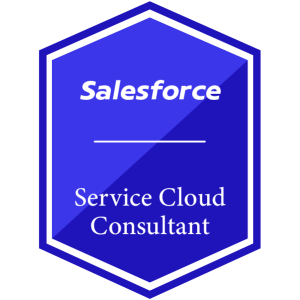
Salesforce Service Cloud Consultant
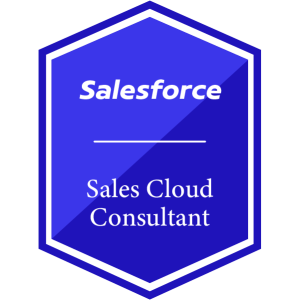
Salesforce Sales Cloud Consultant
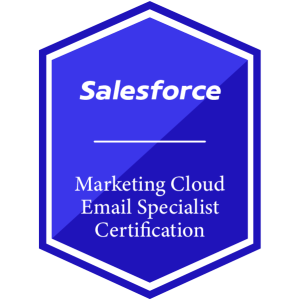
Salesforce Marketing Cloud Email Specialist Certification
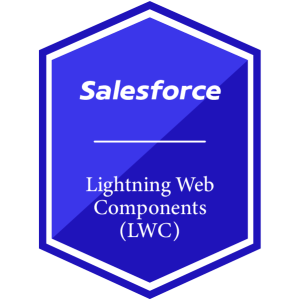
Salesforce Lightning Web Components
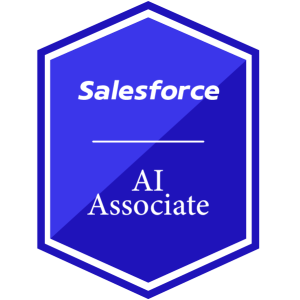
Salesforce AI Associate
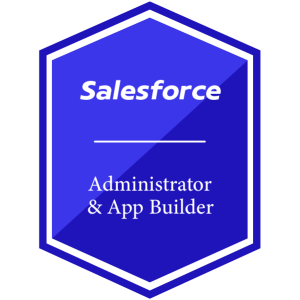
Salesforce Administrator & App Builder
Got Questions ? We've got Answers
Acquledge offers a range of online courses including certification programs, knowledge development, and professional upskilling across technology, business, finance, language, and more.
We provide both self-paced learning modules and instructor-led live online classes. Choose according to your schedule and learning preferences.
Yes, our courses are certified and recognized by relevant industry bodies and partners to ensure quality and global acceptance.
Every participant who successfully completes the course and meets assessment criteria receives a certificate that can boost your professional credibility.
Yes, our programs include job placement assistance, resume building, interview preparation, and career counseling to help you transition into new roles.
Fill the form :
Get in touch with us!
Fill in your details and book a demo. Talk to an expert and choose wisely.
For immediate assistance with course-related or technical questions, chat with us.
